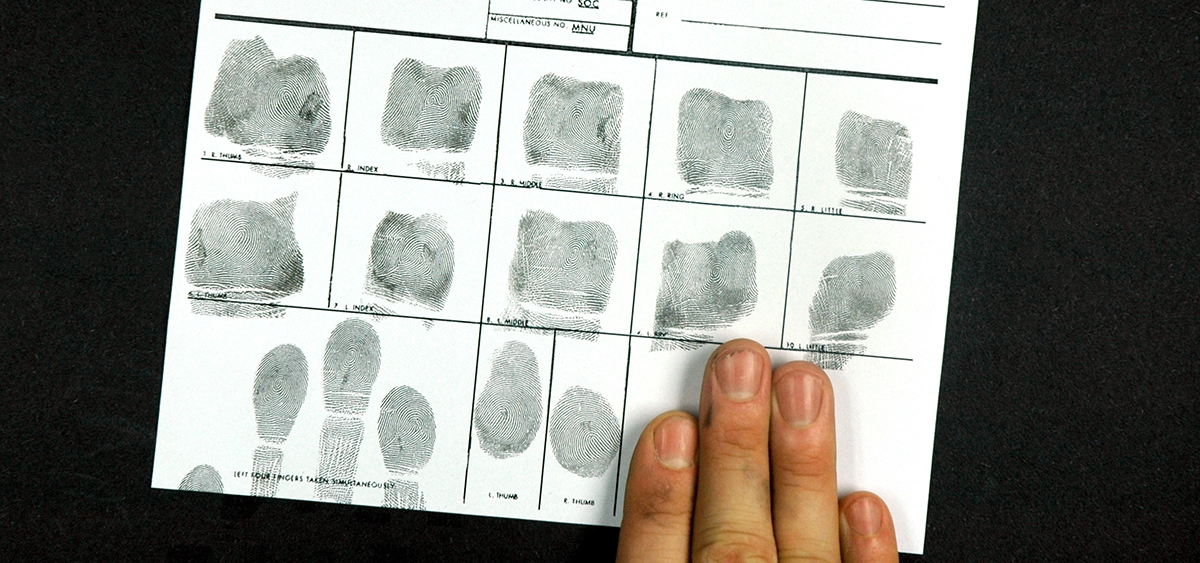When police stop a person under 18 suspected of committing a crime, they will open a record (a file) with information about that person. Later, other people involved in the youth justice system might open their own records.

Youth Record or Criminal Record?
What is the difference between a youth record and a criminal record? Usually, only adults can have a criminal record. Teens under 18 who committed a crime will usually have a youth record. But teens who get an adult punishment will have a criminal record.
Information in many places
Police officers must create a police report when they stop someone they think committed a crime. A record of the report is kept at the Centre de renseignements policiers du Québec or CRPQ (Québec police intelligence centre). Police all over Quebec can see the records kept at the CRPQ.
Information about a person under 18 might be kept in other places too. Here are some examples:
- at the Organisme de justice alternative or OJA (alternative justice organization). This is a community organization that helps youth who are given extrajudicial measures or sanctions.
- at a youth centre
- with the criminal and penal prosecuting attorney. This is the government lawyer, often called a prosecutor, who takes people accused of crimes to court in criminal cases.
- at youth court if the young person’s case goes through a traditional court process
- with the Royal Canadian Mounted Police (RCMP)
Important! Not all of these places will necessarily keep information about young people. It will depend on what happens in their case.
Information About the Young Person and the Crime
A youth record contains information about the young person, including:
- name
- date of birth
- fingerprints
- photograph
- what happened when police officers stopped the person
Depending on what happens in the case, a person’s youth record will contain other information. For example, it could include the crime the person was accused of, any extrajudicial measures or sanctions used in the case, the punishment, and information the police obtained during their investigation.
Can Anyone See A Youth Record After the Person Turns 18?
Only a few people are allowed to see the information in a person’s youth record, and only for a specific length of time. After that time has passed, no one can see the information in the record. We say that the youth record is closed. The length of time before the record is closed depends on the case. It has nothing to do with turning 18.
Situation or Sentence
Length of Time
An extrajudicial measure or an extrajudicial sanction was used in the case
2 years, starting from the time the young person agreed to the measure or sanction
A judge found the person not guilty after a trial
2 to 3 months
The accusation was dismissed or withdrawn
2 months
A judge reprimanded the young person
2 months
A judge gave the person an absolute discharge
1 year
A judge ordered a punishment other than a reprimand or absolute discharge
3 or 5 years, and sometimes up to 10 years
To learn more, read our articles on extrajudicial measures, extrajudicial sanctions and punishments for people under 18.
|
Important! A youth record can become a criminal record. This can happen if:
In this case, the youth record will become an adult criminal record, with all the effects of having an adult criminal record. |
How to check if a youth record is closed
A person’s youth record should be closed after the length of time shown in the chart above. This means no one can see the information it contains. People with youth records can make sure the record is closed by going to their local police station and asking the officers to check. They’ll have to show ID.
A lawyer can also help with this.
|
Important! Having a record has consequences. To learn more, see our article The Impact of Having a Youth Record. |





